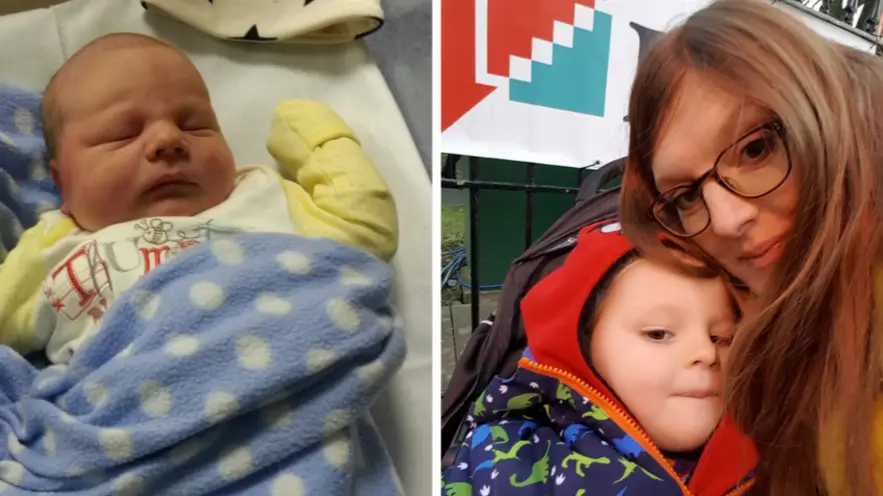
Rachel Miller was Christmas shopping in Mothercare when she felt the first pangs of labour.
The 31-year-old was four days past her due date, but up until then the pregnancy had been business as usual.
"I'd given birth three times before," says the mother-of-three. "So the expectation was that it would be just like the others."
Knowing instinctively that her baby was well on its way, she jumped into the car with her husband Brett and called the hospital as they drove to drop off the children at her mum's house.
That's when the problems began.

Rachel was told that because her waters had not yet broken, she should 'come in but expect to be sent home' - in other words, nurses didn't think she was 'far along' enough.
"When we got there, they didn't think I looked in too much pain," says Rachel, who instinctively knew her labour was well underway. "But things changed so rapidly in such a short space of time."
After being checked over, Rachel was put in a cramped triage room with her husband where they were left alone for an hour and a half, until her contractions became erratic and Brett was forced to call for help.
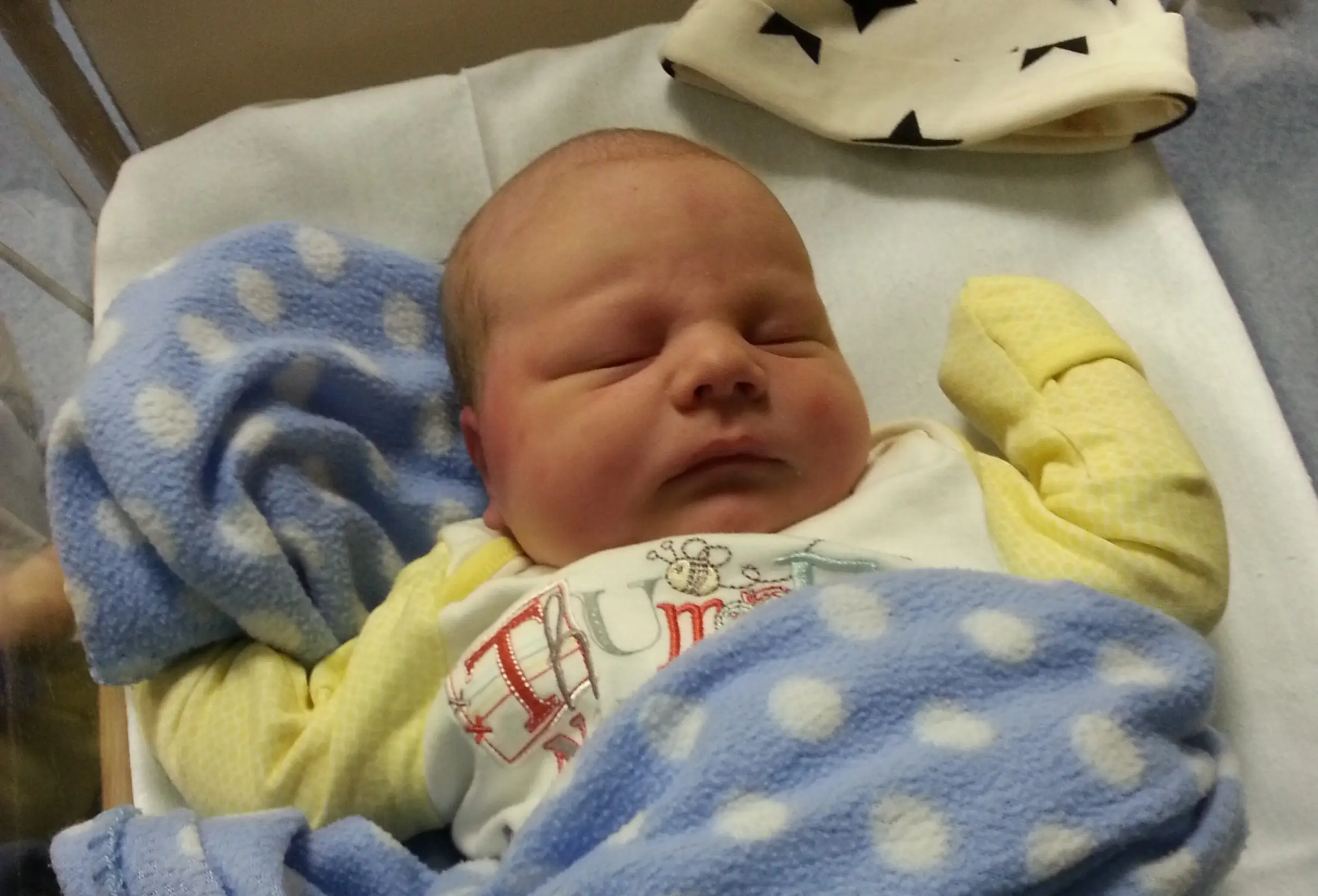
When the midwife finally returned, she found that Rachel - at this point feeling vulnerable and scared - was almost fully dilated and the team had no choice but to deliver the baby there and then in the tiny room.
With her contractions seemingly endless, there was further panic for Rachel when doctors discovered the baby was malpositioned ('back to back') and would continuous foetal monitoring.
"It was just brushed off as 'this is fine', but I knew that something was not quite right," she recalls. "I was getting tired, and the midwife watching the trace of the baby's heartbeat wasn't answering any of my questions about what was happening, or what they were looking for. I was panicking."
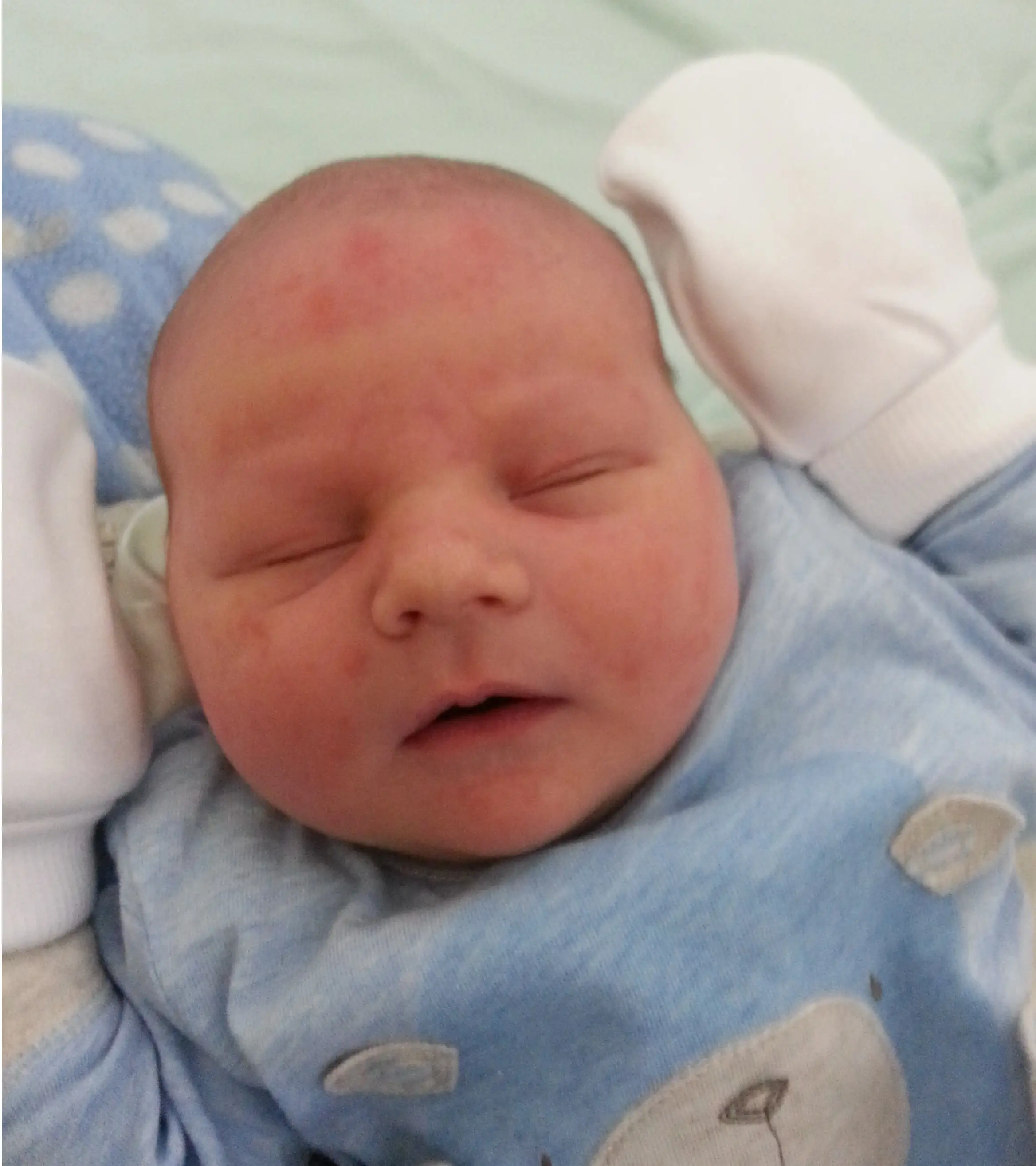
She realised something was seriously wrong when a 10-strong neonatal 'crash team' was called in - she later found out that her baby's heartrate had dropped well below the safe threshold.
With her contractions now back to back with no break, the consultant finally announced - with no explanation - that they needed to deliver the baby 'as soon as possible'.
Rachel's legs were promptly placed into stirrups and she was given an episiotomy in order to perform an instrumental delivery using forceps.
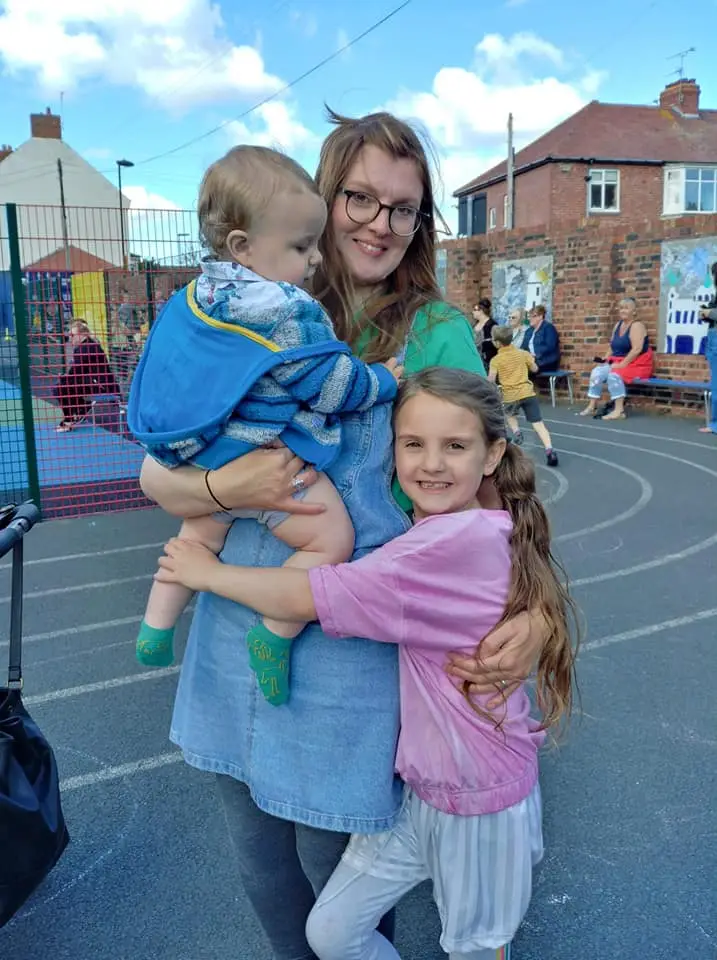
"I had not consented to any of this, and they inserted them without giving me any form of pain relief," says Rachel. "They took the only form that I had, gas and air, off me to make me focus on the contractions."
Rachel says the procedure, using what she calls "medieval spoons", was "the most painful thing I have ever experienced.
"The pain was immeasurable. At this point I was very distressed, I thought I was going to die and that my baby was also going to die."
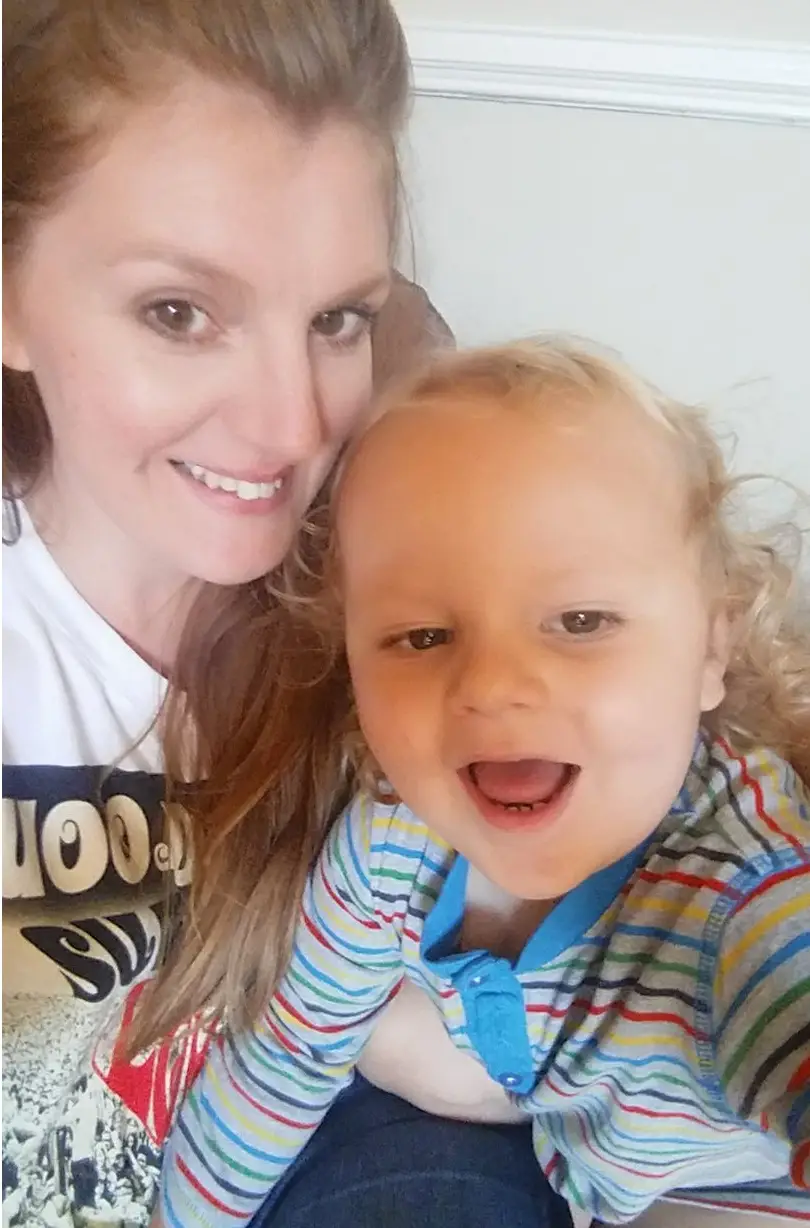
The next few minutes were a blur. Rachel's little boy Fox was delivered, big and healthy at 9 lbs 7 oz but heavily bruised on his face and shoulders from the forceps.
Stitches followed, under some 'pretty pointless' anaesthetic, but despite her pain and continual bleeding, Rachel was told to 'walk around and pretty much suck it up'.
"I was discharged the next day and I just remember sobbing," she says. "I was in complete and utter shock at what I had just experienced.
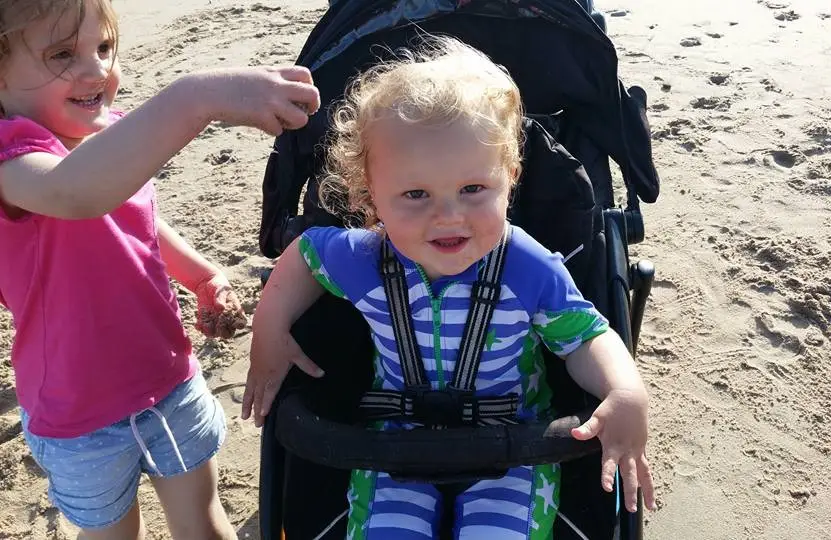
"I told my husband I wanted no visitors at all and shut myself away. I looked and felt a mess. I was in a lot of shock for a long time, I couldn't comprehend what had happened.
"I remember ringing my GP and just crying on the phone. He told me to calm down and that everything would be fine."
But Rachel was far from fine; in fact she was sofa-bound for almost three weeks. Unable to walk, she had no option but to move around the house on her hands and knees.
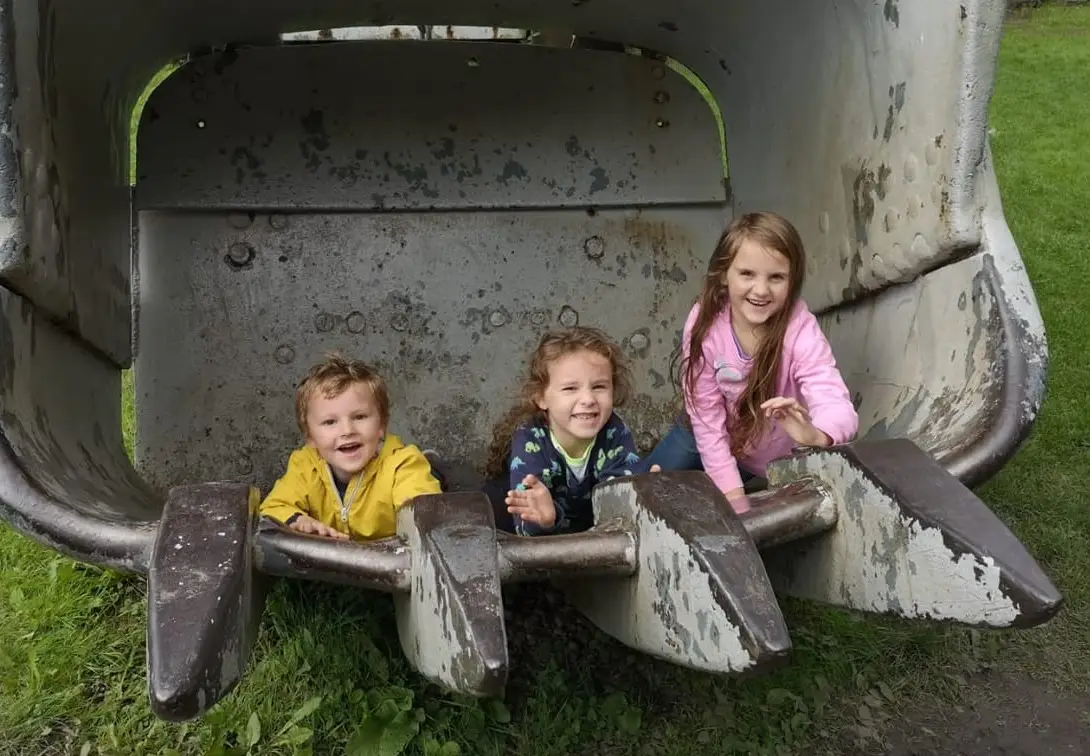
It was more than ten months before she got back to normal physically, but the mental scars caused by her trauma lingered.
"I didn't have any bonding issues with my baby but I felt overprotective of him and my other children.
"Life was pretty miserable for a long time after the birth. I was still having flashbacks of the birth and I also was not able to have any form of intimacy with my husband.
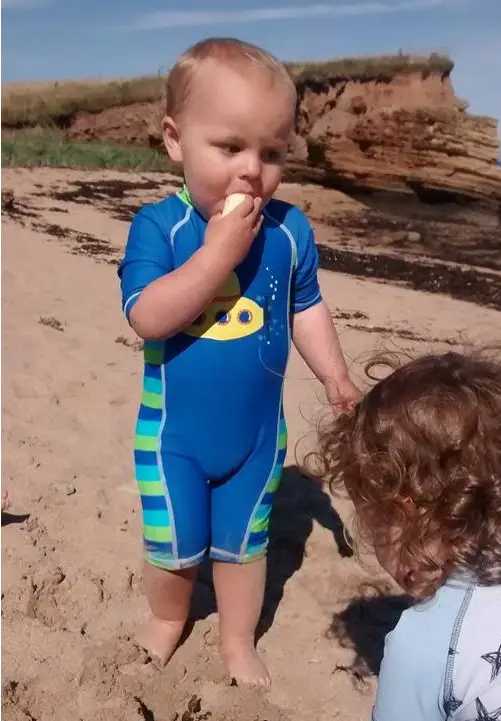
"I was so isolated I became hermit-like. I developed social anxiety and confidence issues. I was frightened to speak to people, I was in constant paranoia and thought life wasn't worth living anymore.
"I still thought I was going to die and at one point I had convinced myself I had a brain tumour. I was living in a state of anxiety, flashbacks and paranoia."
It was over a year before medical professionals finally began to take note of Rachel's condition, after she broke down in tears at the prospect of booking a routine smear test.
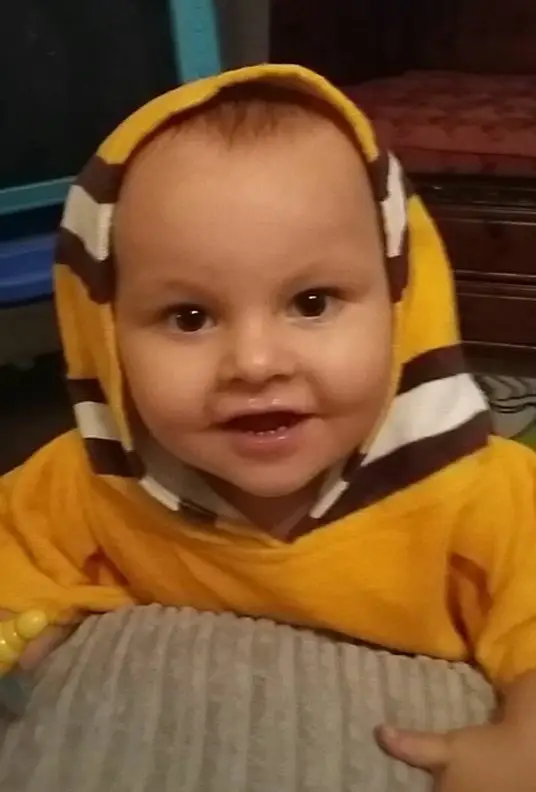
She was referred to a consultant and finally, almost 18 months after Fox's birth, Rachel was formally diagnosed with PTSD.
She describes feeling a sense of 'relief' at finally being taken seriously and was referred for cognitive behavioural therapy (CBT).
"The counsellor listening to me gave my experience validation," Rachel says. "She told me it was nothing to be ashamed of. She made it feel real for me because, up until that point, people had dismissed it as if it was nothing."
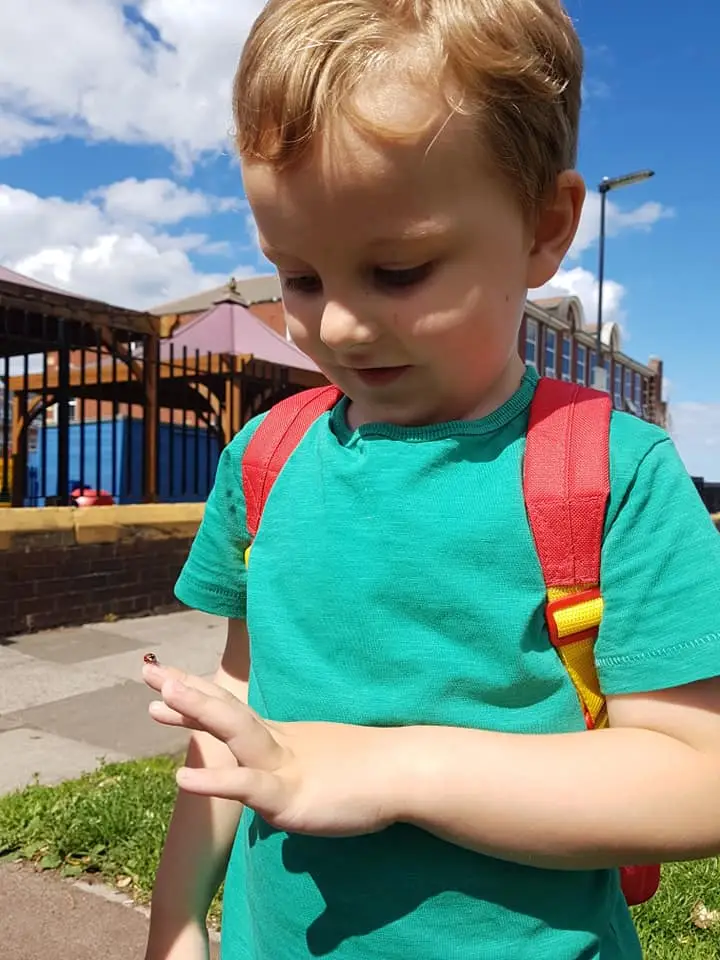
With the right help, Rachel was able to identify the triggers that brought on flashbacks - such as action movies and radio news - and learn coping mechanisms to deal with them.
She also came to realise that there was support available, joined a birth trauma group on Facebook and trained in Mizan Therapy which was an 'integral' part of her healing journey.
Two years later Rachel and Brett welcomed their fifth baby, Kitt, via elective C-section, and she has since retrained as a birth doula and Mizan therapist.
While life has returned to normal for Rachel, now 35, her story is sadly far from unique.
Traumatic birth in the UK is estimated to affect almost one in three women each year, with many of those - between 4 per cent and 18 per cent - going on to develop PTSD.
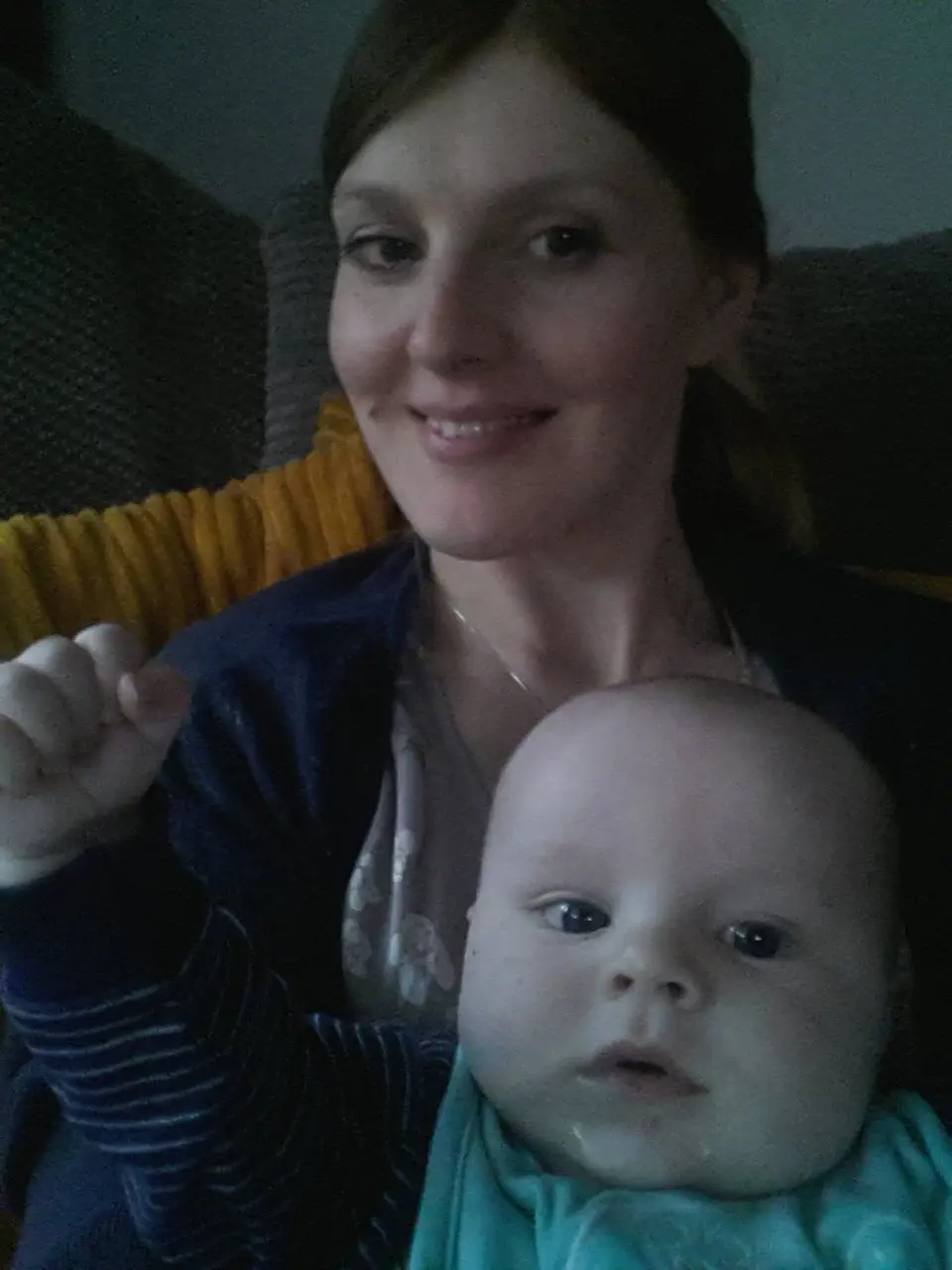
Milli Hill, founder of the Positive Birth Movement and author of Give Birth Like A Feminist, tells Tyla: "We need to stop accepting traumatic birth as a normal part of women's package of suffering. Birth can be different, and it can be a very empowering experience in which women feel strong, alive, healthy and vital.
"We should be tackling it by asking, what can we do to make birth less traumatic? Rather than simply accepting that birth is traumatic by its very nature.
"And we should be listening properly to women who report difficult feelings after birth, and building services that take care of them, understand them, and meet their needs.
"This requires funding, and it also requires respect for women as autonomous sentient individuals and not just containers for babies. A healthy baby is not all that matters. Women matter too."
For more information on PTSD, visit birthtraumaassociation.org
Featured Image Credit: Rachel Miller